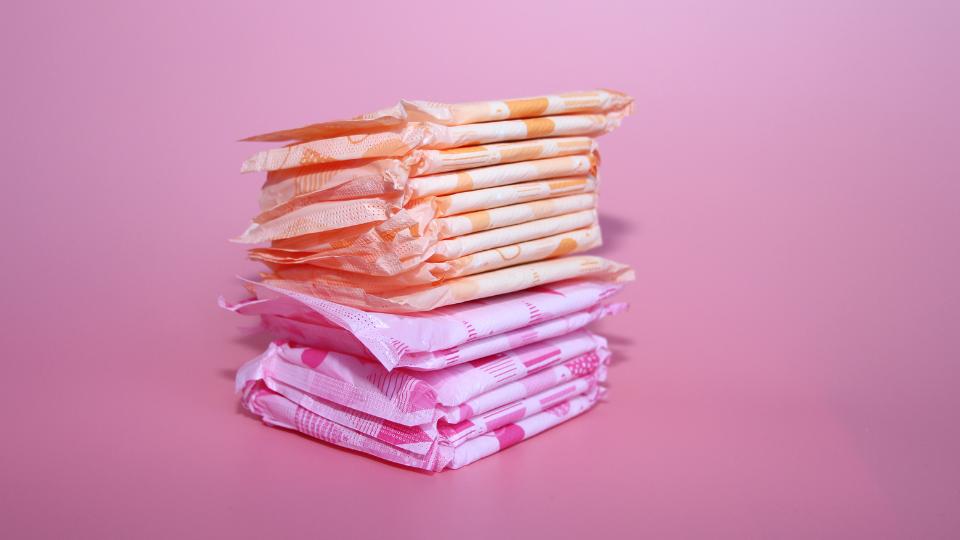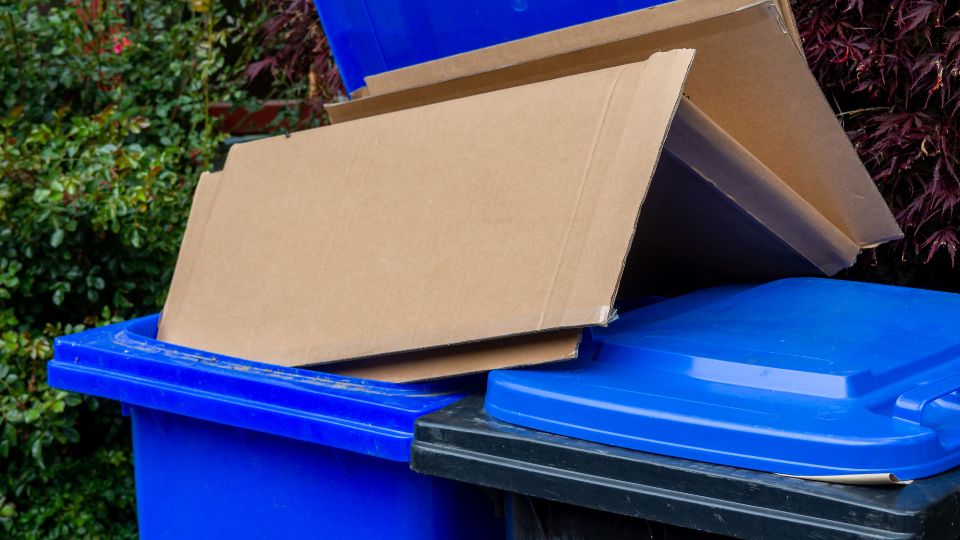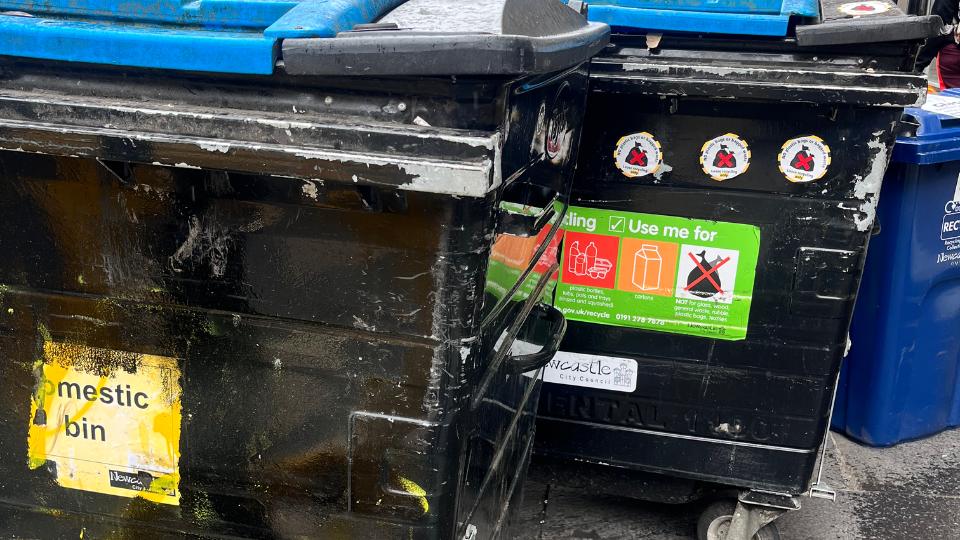
When it comes to disposing of sanitary waste, it’s important to understand the proper protocols to ensure hygiene and environmental safety.
Sanitary waste includes items such as sanitary pads, tampons, nappies, incontinence pads, and other similar products.
These items are often used to manage bodily fluids and require careful handling to prevent contamination and the spread of diseases.
Table of Contents

Why Not the General Waste Bin?
There’s lots of reasons not to use the general waste bin to dispose of sanitary waste.
- Hygiene Concerns:
Sanitary waste contains bodily fluids that can harbour bacteria and viruses.
Disposing of these items in the general waste bin can pose a health risk to waste handlers and increase the potential for the spread of infections.
Sanitary waste is not classed as hazardous waste. You can read more on this in our dedicated blog!
- Environmental Impact:
General waste often ends up in landfills, where sanitary products can take years to decompose due to their materials, such as plastics and superabsorbent polymers.
Proper disposal methods can help minimise the environmental footprint.
- Regulatory Compliance:
Many regions have specific regulations for the disposal of sanitary waste.
Failing to comply with these guidelines can result in penalties and contribute to public health hazards.

Proper Disposal Methods
Here are some ways to properly dispose of sanitary waste bin:
- Dedicated Sanitary Bins:
In public and commercial spaces, dedicated sanitary bins are often provided in bathrooms.
These bins are specifically designed for safe collection and disposal of sanitary waste.
- Home Disposal:
For households, sanitary waste should be wrapped securely in toilet paper or a small bag before being placed in a designated sanitary waste bin, if available.
If such a bin is not available, it can be placed in the general waste bin, but with proper precautions to ensure it is sealed and contained to prevent leakage and contamination.
- Special Disposal Services:
Some areas offer special disposal services for sanitary waste.
These services ensure that the waste is handled and treated in a manner that minimises health risks and environmental impact.

Tips for Sanitary Waste Disposal
- Always wrap sanitary products before disposal.
- Avoid flushing sanitary products down the toilet as they can cause blockages and environmental pollution.
- Educate family members or employees about proper disposal practices to ensure everyone follows the correct procedures.

Conclusion
While it is possible to dispose of sanitary waste in the general waste bin in some circumstances, it is not the most recommended or hygienic method.
Using dedicated sanitary bins or following proper wrapping and disposal techniques can help maintain hygiene, protect waste handlers, and reduce environmental impact.
By adhering to these practices, we can ensure a safer and more responsible approach to managing sanitary waste.








